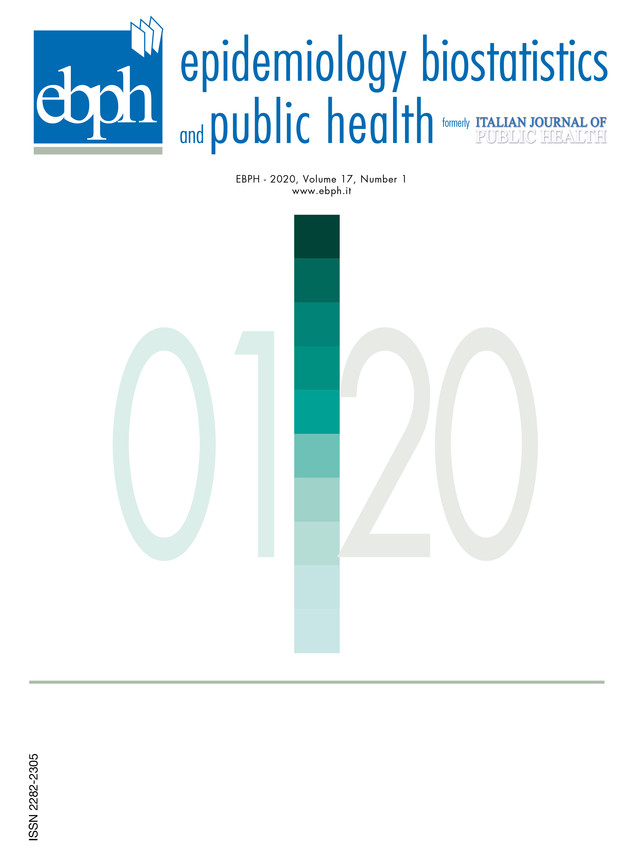Validity and reliability of a new instrument for the evaluation of dental collaboration in disabled people
DOI:
https://doi.org/10.2427/13Abstract
Background: nowadays, oral health in people with disabilities is an important topic. The phsychological and behavioural problems of these people, their difficulties with environmental adaptations and the absence of any traditional communication determine the compliance needed for treatment The aim of this work was to test the validity and reliability of an original questionnaire that could become an instrument assessing the individual features in people with mental retardation and other developmental disabilities at the time of dental treatment.
Methods: it was created a questionnaire with standardised answers regarding four specific areas: neuropsychology, emotional-affect, autonomy and environmental resources. The questionnaire was completed by 63 patients from three different institutes (two rehabilitation institutes and an Institute of Dentistry for patients with special needs). To analyse the answers, each item was transformed into a numeric value. A value of 1 was displayed as the minimum while 4 represented full possession of the considered skills. A total of 17 variables were analysed with descriptive statistics and multivariate analysis. Internal consistency reliability was measured using Cronbach’s alpha. Furthermore, an analysis on convergent/discriminant validity was provided.
Results: all variables were positively correlated. The most significant were “guidance”, “communication”, “sociability”, “view”, “hearing” and “feeding”. Items like “self-control”, “equanimity”, “problematic behaviour”, “extroversion” and “autonomy” offered vague and less significant information in identifying the patient’s collaboration level. Variables like “evaluation by the compiler about the patient’s collaboration”, “previous dental experiences” and “attendant” were confirmed. Cronbach’s alpha was 0.77 (standardized result), which meet the a priori criterion of 0.90≥alpha≥0.70.
Conclusions: the instrument was statistically tested and seems to be adequate to estimate the collaboration level of disabled patients. It is called CLEQ (Collaboration Level Evaluation Questionnaire). Further trials are warranted to confirm its validity and benefits.






